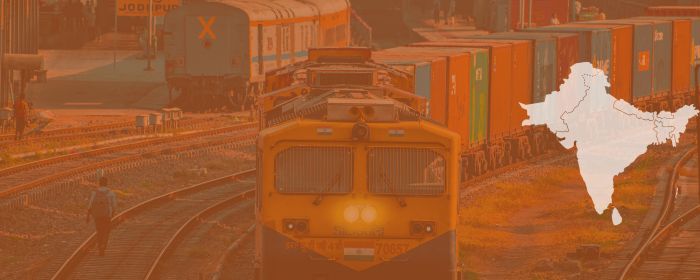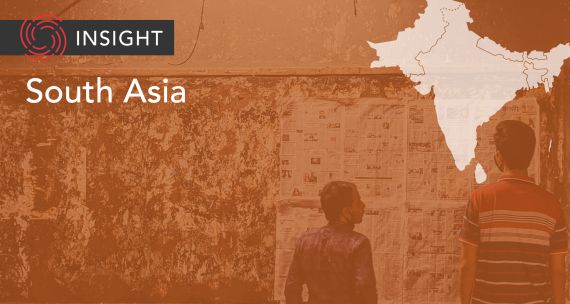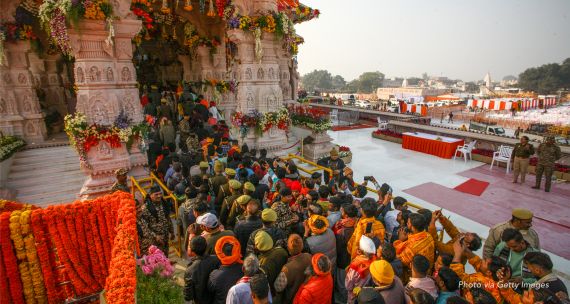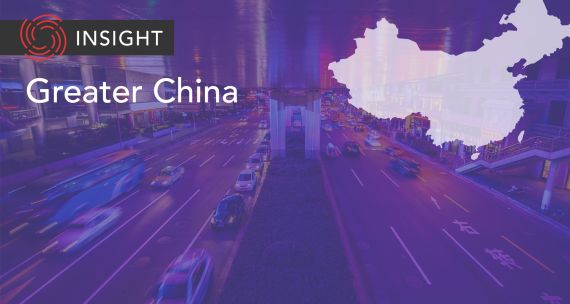The Takeaway
As the Indian government headed by Prime Minister Narendra Modi tightens censorship laws in the country and bans controversial documentaries, the basic right to receive and disseminate information stands threatened. With declining press freedom, Indian media struggle to function, let alone thrive. These crackdowns, in the world’s largest democracy, test the rights enshrined in India’s constitution.
In Brief
On January 17, the British Broadcasting Corporation (BBC) released the first episode of a two-part documentary, India: The Modi Question, focusing on Modi’s controversial role in the 2002 Gujarat riots. By January 20, the Indian Ministry of Information and Broadcasting used emergency powers under the Information Technology (IT) Rules (2021) to block links to the documentary circulating online. In the wake of the documentary’s release, the Indian government’s grip on censorship laws, the role of media, and Indian citizens’ rights to information have come to the fore, sparking a nationwide debate.
Implications
In 2002, Gujarat witnessed a three-day period of inter-communal violence where more than 1,000 people, largely Muslims, died. The communal clashes broke out when 59 people died after a train carrying Hindu pilgrims was set on fire. Modi, then chief minister of Gujarat, was accused of being complicit in the riots. A Special Investigation Team appointed in 2008 by the Supreme Court of India acquitted Modi in 2012, citing “no prosecutable evidence.” Eventually, Modi and his party went on to win two general elections in 2014 and 2019.
While documentaries and films considered “inappropriate” or critical of the Indian government have been banned in India before, some regard the BBC’s decision to release India: The Modi Question at this time as politically motivated. As India assumed the G20 presidency in December 2022, some have criticized the documentary as a timely “smear campaign” intended to tarnish India’s global reputation. The documentary comes just two months after India and the U.K. wrapped up a sixth round of trade agreement negotiations, while the U.K. government, for its part, is seeking to strengthen bilateral relations with India.
Meanwhile, the Bharatiya Janata Party (BJP)-led Indian government’s urgent efforts to censor the documentary reflect a need to retain the BJP’s voter base ahead of the country’s general elections in 2024. The BJP categorized the documentary as British neocolonial propaganda and even alleged that it was a sign of heightened Chinese influence over India. As the government censored the program’s circulation online and cracked down on student screenings, universities around the country witnessed power cuts, jammed internet connections, and locked entry gates. The police detained a number of students under Section 144 of the Code of Criminal Procedure, which prohibits the gathering of four or more people.
However, by censoring the documentary, the government only made it more popular, causing a “Streisand effect.” After a Jawaharlal Nehru University screening was interrupted, the film was shared through QR codes to stream on mobile devices. Prominent journalists also shared links on social media to watch the documentary.
The documentary comes at a time when India’s information technology ministry has proposed a draft amendment to India’s IT Rules (2021) to set up a fact-checking unit by India’s Press Information Bureau to take down any content they deem “fake.” Given the trend of stifling dissent and criticism against the government, this amendment will give the government the ultimate power over online expression, which is antithetical to the pillars of Indian democracy.
What’s Next
- Communal tensions and Indian elections
Many have accused Modi of playing the “victim card” – a tactic that portrays India’s Hindu majority as victims of discrimination and persecution by other religious groups, to increase the Hindu vote bank. This tactic could further the BJP’s political gains in the nine state elections this year and the Indian general elections in 2024. One Yale University study, for example, found that communal tensions are more likely to strengthen BJP’s electoral performance in India.
- Diminishing press freedom
On February 3, the Supreme Court of India pledged to hear pleas challenging the BJP’s censorship of the documentary, which underscores India’s faltering media landscape. In 2022, India’s rank on the World Press Freedom Index fell to 150th out of 180 jurisdictions examined. Since the BJP’s victory in 2014, India’s ranking has fallen from 140th to 150th. This places India’s press in a state of crisis, compounded by continued violence against journalists, a politically partisan media landscape, and a monopolization of media ownership. In late 2022, Adani Group chairman Gautam Adani launched a takeover of NDTV, and the group is now set to control 64.7 per cent of the news network’s shares. Some consider this as the final nail in the coffin of media freedom, as NDTV spearheaded independent broadcasting in India.
- Foreign interest in India
Modi’s role in the 2002 Gujarat riots has previously faced scrutiny from foreign bodies. The Human Rights Watch report on the riots was critical of rising Hindu nationalist sentiments in Gujarat as a move to further BJP dominance. In 2005, Modi was banned from entering the U.S. over “severe violations of religious freedom.” From 2002 to 2012, the U.K. government also imposed a diplomatic boycott and policy of non-engagement with Modi and the Gujarat government. While these bans have since been removed, India: The Modi Question draws international attention back to decades-long religious tensions.
• Produced by CAST’s South Asia team: Dr. Sreyoshi Dey (Program Manager); Prerana Das (Analyst); Suyesha Dutta (Analyst); and Narayanan (Hari) Gopalan Lakshmi (Analyst).




